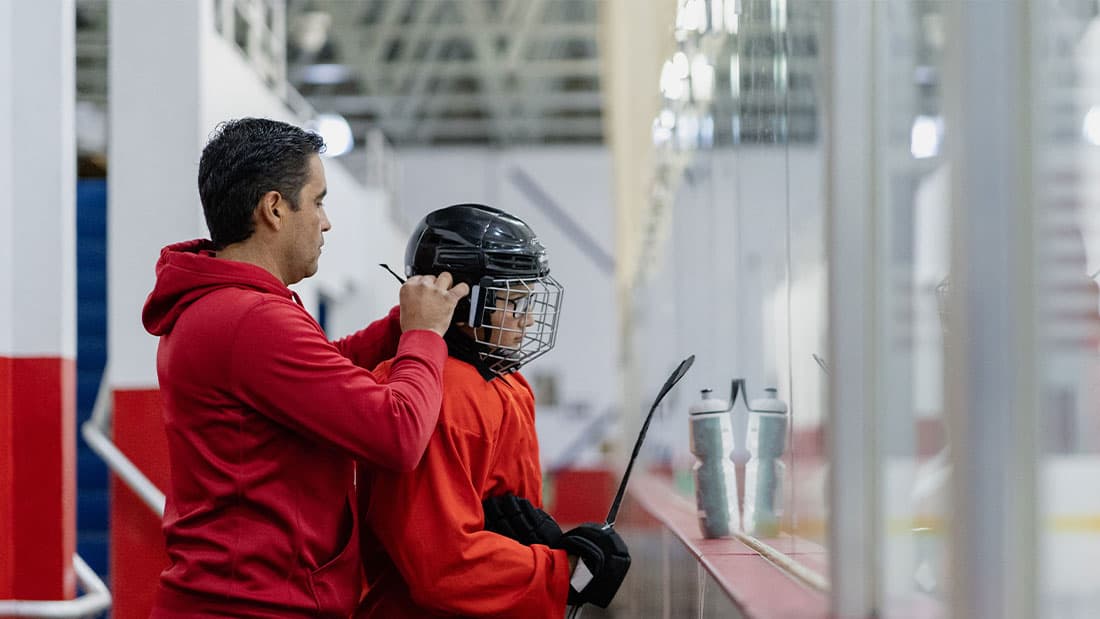10 Reasons Being A Coach Sucks!
Coaches differ in various ways: their coaching styles, behaviors, philosophies, systems, and even personalities. As a result, there is no one fit all approach to coaching. Instead, it is a question of athletes understanding their coach’s style and being happy to play under a system that could make or break their future. Some techniques are better suited to certain players than others, and good coaches, athletes, and parents work to make it a success.
Coach, effective tools, courses, and classes are considered practical choices for success, but if I can be honest, my successful endeavors led me to check everything off the hypothetical coaching checklist below:
Coaching Checklist
- Getting a degree in Exercise Science;
- Work with athletes at every level, including college;
- Earn several certifications;
- Start your own training business;
However, that did not matter because I fell, and hopefully, I can help you improve.
Diminishing Character
Today coaches interact with various athletes, generally from different societal norms, where their character is diminished rather than built up, creating, continuing, and having athletes an unsafe learning environment. Although athletes need to be held accountable and challenged due to the passiveness of today’s society, coaches are using a variety of bullying tactics in the form of fear, humiliation, and disrespectful behaviors “curse words in every sentence” as their way of “teaching” athletes.
Some coaches also push athletes, shamingly at all levels, to continue to play when injured, killing athletes’ fun and passion for their sport.
Help Them Grow
However, not all is lost for you as a coach, where the primary goal is to teach and help them grow as individuals to become better people on and off the field. As growing into a mature coach, I learned how to be a good human, teach athletes how to have a positive impact on the world, and use their sport as a tool for showing a positive way forward.
For most, the constant winning outcomes are entirely the first, where the teaching of valuable life lessons (playing as a team) and sacrificing individual needs for the betterment of the group, handling adversity & failure, mastering obstacles, working hard towards an established goal, believing in yourself, having great character, and following the rules.
Coach, it’s obvious you have the most impactful relationship, generally developed over time based on the encouragement cultivated for success through social media, which creates an arena of influence, making your coach’s role even more beneficial due to the blue check of societal norms.
Therefore, a successful coach employs motivation, encouragement, and problem-solving techniques to understand and address the athlete’s culture, style of living, communication, and sincere thoughts requiring emotional intelligence to articulate critical thinking skills to express the realism between life and sports.
Critical Thinking
More importantly, critical thinking is an excellent tool; you as a coach can create to explore a variety of environments and organic outcomes based on performance attributes taken from cognitive behaviors, asking questions, and developing conclusions from sources in a training and real-world environment.
In the end, becoming a successful coach isn’t an end goal; it’s a lifetime of mistakes, critics, sleepless nights, lack of encouragement, no assurances. However, your impact as a coach has a lifetime impact on athletes as they grow into every aspect of life through trust, influence, and recognition will drive athletes to do amazing things manifested through the person and authentic relationships that last for life.
RECOMMENDED FOR YOU
MOST POPULAR
10 Reasons Being A Coach Sucks!
Coaches differ in various ways: their coaching styles, behaviors, philosophies, systems, and even personalities. As a result, there is no one fit all approach to coaching. Instead, it is a question of athletes understanding their coach’s style and being happy to play under a system that could make or break their future. Some techniques are better suited to certain players than others, and good coaches, athletes, and parents work to make it a success.
Coach, effective tools, courses, and classes are considered practical choices for success, but if I can be honest, my successful endeavors led me to check everything off the hypothetical coaching checklist below:
Coaching Checklist
- Getting a degree in Exercise Science;
- Work with athletes at every level, including college;
- Earn several certifications;
- Start your own training business;
However, that did not matter because I fell, and hopefully, I can help you improve.
Diminishing Character
Today coaches interact with various athletes, generally from different societal norms, where their character is diminished rather than built up, creating, continuing, and having athletes an unsafe learning environment. Although athletes need to be held accountable and challenged due to the passiveness of today’s society, coaches are using a variety of bullying tactics in the form of fear, humiliation, and disrespectful behaviors “curse words in every sentence” as their way of “teaching” athletes.
Some coaches also push athletes, shamingly at all levels, to continue to play when injured, killing athletes’ fun and passion for their sport.
Help Them Grow
However, not all is lost for you as a coach, where the primary goal is to teach and help them grow as individuals to become better people on and off the field. As growing into a mature coach, I learned how to be a good human, teach athletes how to have a positive impact on the world, and use their sport as a tool for showing a positive way forward.
For most, the constant winning outcomes are entirely the first, where the teaching of valuable life lessons (playing as a team) and sacrificing individual needs for the betterment of the group, handling adversity & failure, mastering obstacles, working hard towards an established goal, believing in yourself, having great character, and following the rules.
Coach, it’s obvious you have the most impactful relationship, generally developed over time based on the encouragement cultivated for success through social media, which creates an arena of influence, making your coach’s role even more beneficial due to the blue check of societal norms.
Therefore, a successful coach employs motivation, encouragement, and problem-solving techniques to understand and address the athlete’s culture, style of living, communication, and sincere thoughts requiring emotional intelligence to articulate critical thinking skills to express the realism between life and sports.
Critical Thinking
More importantly, critical thinking is an excellent tool; you as a coach can create to explore a variety of environments and organic outcomes based on performance attributes taken from cognitive behaviors, asking questions, and developing conclusions from sources in a training and real-world environment.
In the end, becoming a successful coach isn’t an end goal; it’s a lifetime of mistakes, critics, sleepless nights, lack of encouragement, no assurances. However, your impact as a coach has a lifetime impact on athletes as they grow into every aspect of life through trust, influence, and recognition will drive athletes to do amazing things manifested through the person and authentic relationships that last for life.











